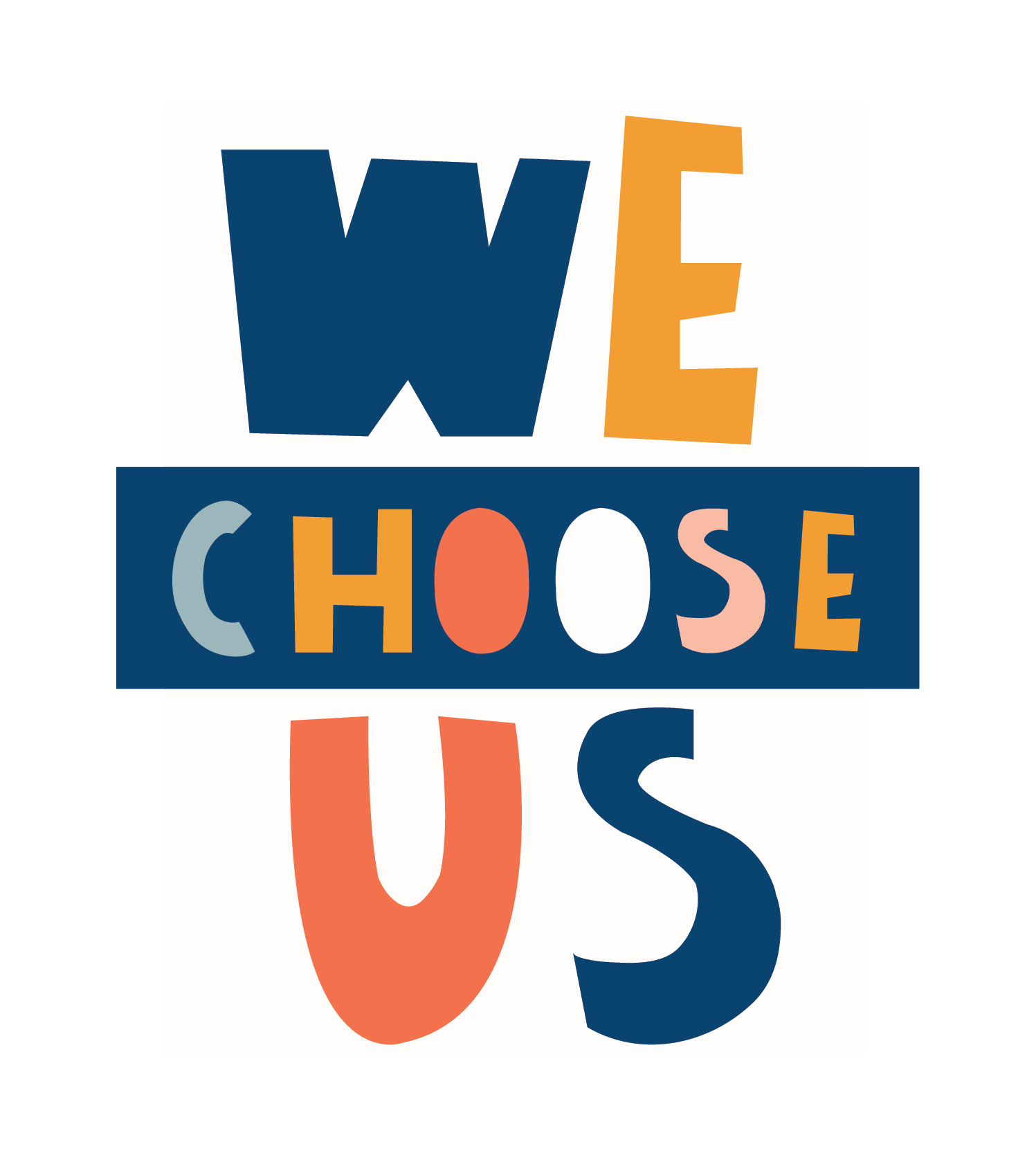Our 2024 #mnleg Priorities
In 2023, we showed up at the Capitol for our Expanding Democracy Agenda and helped win the biggest slate of pro-democracy policies in 50 years!
Now the work continues for the 2024 #mnleg.
Small Donor Match Program
When corporations fund campaigns, our democracy prioritize their needs. But when candidates run with the backing of small donors, candidates respond to them first, which means Minnesotans are at the center of our democracy.
Small donor financing also opens up who can run for office, incentivizing candidates to talk to their constituents and encouraging potential candidates who have strong community connections over people connected to wealthy special interests.
So, what does a small donor match program look like?
Donations up to $75 are matched at a rate of 8:1 in district.
Donations up to $75 are matched at a rate of 2:1 out of district.
That means if you give a candidate for State Representative or Senate in your House or Senate District, a donation of $75 would turn into $675.
Impact
In the 2022 election, the average state Senate or House race saw small donations make up only 40% of the total money spent. If this small donor match program had been in place at the time, small donors would have made up an average of over 70% of the money spent in each race.
State Voting Rights Act (SVRA)
Over the past decade, the U.S. Supreme Court has undercut the 1965 Voting Rights Act, which provided crucial protections to Black voters and other voters of color. In response, states across the country are passing State Voting Right Acts in the face of inaction at the federal level.
Minnesota passed several of the “key elements of a strong voting rights act” last session, but several still remain, including:
Prohibition against vote denial or dilution
Creation of a central public database for election and demographic data to foster transparent, evidence-based practices in election administration
Democracy canon to instruct judges to interpret laws and rules in the most pro-voter, pro-democracy way possible
Voter Access
There is no freedom without the freedom to vote, and our democracy is at its best when we all have a say in the decisions that impact our lives. Our Expanding Democracy Agenda includes policies that protect and expand voter access, including:
-
Right now, some post-secondary institutions host polling locations on their campuses, but it isn’t required. This would make it a requirement for all campuses to do so.
-
Minnesota statute currently says “counties may provide secure drop boxes for the return of absentee ballots.” This would change the requirement to “must” so that every county is required to provide at least one secure absentee ballot drop box location.
Supportive Partner Policies
Minnesota has long been a leader when it comes to democracy, because our state is full of people and organizations doing the work necessary to make sure everyone has a voice. We are lucky to have a number of partners leading the way on key democracy legislation this session.
-
This bill creates an independent citizen redistricting commission to draw legislative and congressional maps after each census rather than politicians or courts. The commission would create new maps based on census data and community input, without influence from political parties or special interests. This eliminates the potential for partisan maps from legislators or “least change” maps created by state courts.
-
Minnesota has few rules governing how representative maps are drawn. Additional, prioritized principles are needed to ensure our maps represent the interests of residents and communities rather than political parties or special interests. Principles must focus on ensuring effective representation for Native American and minority communities, place communities of interest above geographic constraints, and do not include political considerations.
-
Currently, Minnesota counts people where they are incarcerated when redistricting, rather than where their home was and likely will be. That means that there is a significant population in some districts who are counted in the district makeup, but who are not part of that community
and don’t have a say in that district’s representation. Ending prison gerrymandering would count incarcerated individuals in their home communities to determine their representation.
-
The Ranked Choice Voting (RCV) local options bill would free current statutory restrictions on cities, school districts, etc. to use RCV if they choose without having to ask the Legislature for permission. It would also establish guidelines to ensure the next generation is RCV-capable.
-
The 2010 Citizens United v. Federal Election Commission ruling opened doors to unlimited spending by corporations and extremely wealthy individuals via Super PACs. This resolution would put Minnesota in line with 22 other states to call for an amendment to the U.S. Constitution that will allow Congress to regulate various forms of political spending that are currently out of control.
-
Work with the legislature and Department of Revenue to modernize the current political contribution refund program to make it more accessible to a wider audience of small donors by making the paperwork less onerous, and digitizing access.
-
Currently, the state is not required to provide access to any voting materials for people who are in jail ahead of election day. This law would require jails to provide voting information and opportunities to cast absentee ballots to those who are in jail on or leading up to election day.


